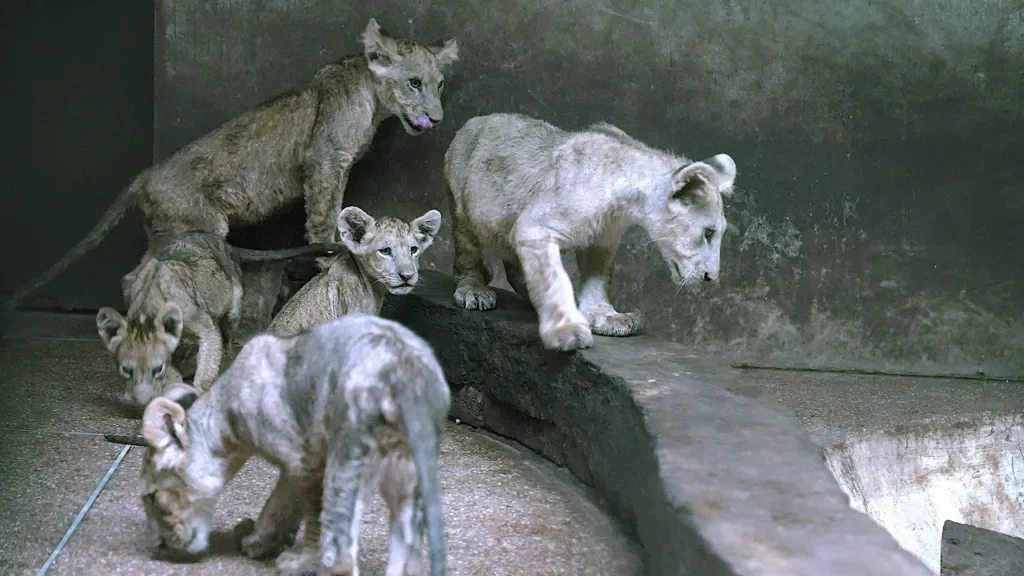Pakistan introduces new legal restrictions on owners of large predators

On the outskirts of Lahore, one of Pakistan’s largest cities, the unusual smell and distant roars signal something out of the ordinary. Inside a private farmhouse, 26 lions, tigers, and cubs are kept by Fayyaz, one of the country’s most prominent big cat breeders. Despite muddy conditions from rain, Fayyaz insists his animals are well cared for and not aggressive, although some display natural wildness.
Over the past decade, Fayyaz has earned a reputation as one of Pakistan’s biggest lion dealers, selling cubs and breeding pairs nationwide. In Pakistan, owning lions, tigers, pumas, cheetahs, and jaguars is a status symbol and sometimes a political gesture. Recently, the popularity of social media and events like weddings has led to a boom in big cat ownership, with these animals often showcased for followers and guests.
The government began a harsh crackdown after a pet lion escaped in Lahore and attacked a woman and her two children. New rules require owners to pay a one-time registration fee of 50,000 Pakistani rupees (about $176) per animal, limit each farm to ten big cats from no more than two species, and open their sites to the public. Violations may result in fines up to 200,000 rupees or up to seven years in prison for serious breaches.
Some owners are hiding their animals or moving them to avoid government inspections. In one recent raid, wildlife officials found only five lion cubs in a cage, their parents having been moved out of sight. The cubs were relocated to a public zoo for medical checks, but authorities suspect many more undeclared big cats remain hidden, possibly hundreds or thousands in Punjab province alone.
According to Mubeen Ellahi, director general of Wildlife & Parks, enforcement could take at least six months and he estimates 30-40% of lions in Punjab will not be declared by owners. Inbreeding is another issue, with some big cats suffering from health problems that may require euthanasia.
Animal rights advocates say the government’s efforts are not enough. They demand sanctuaries rather than more zoos, and call for full transparency in how these animals are kept and regulated, arguing that only a systematic solution will protect both animals and the public. Read “Zamin” on Telegram!
Ctrl
Enter
Found a mistake?
Select the phrase and press Ctrl+Enter 





















